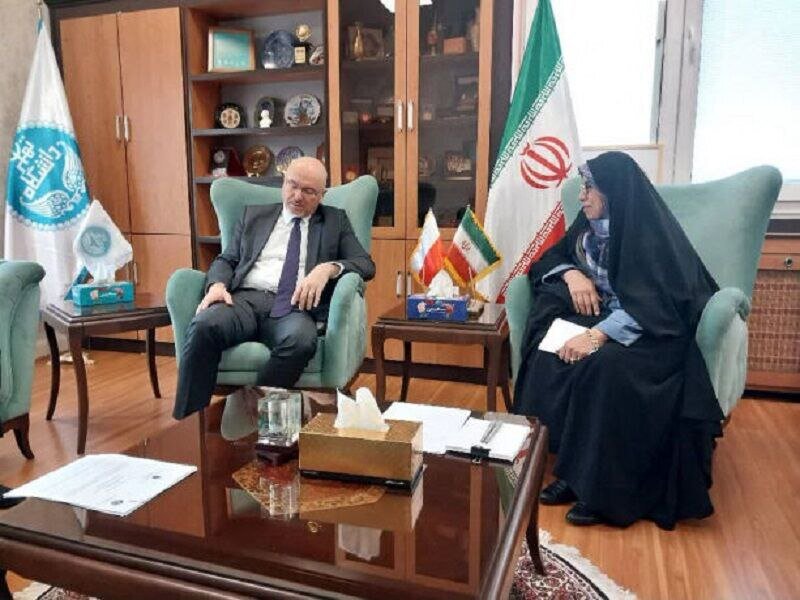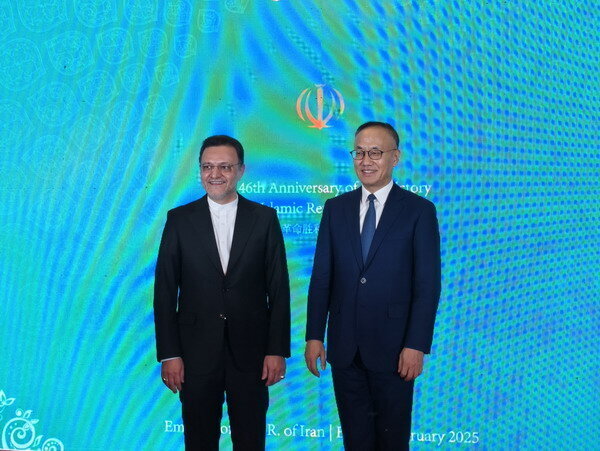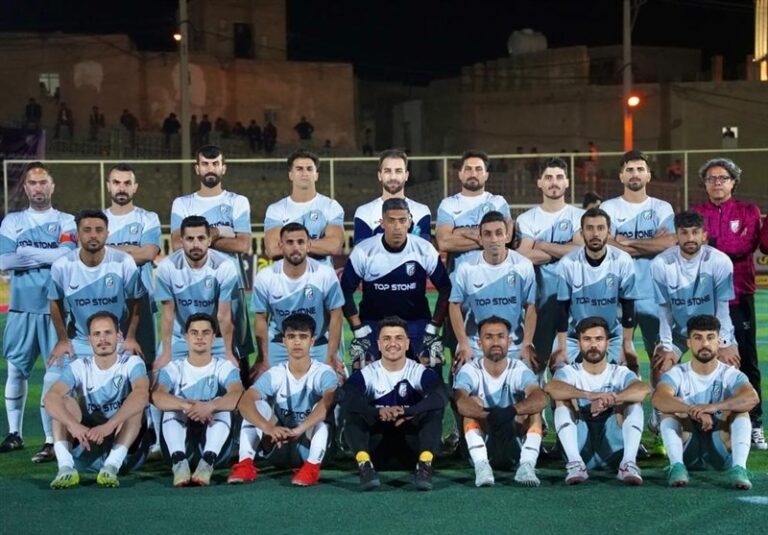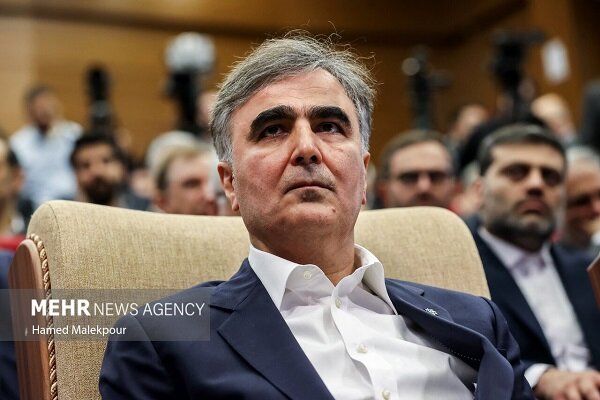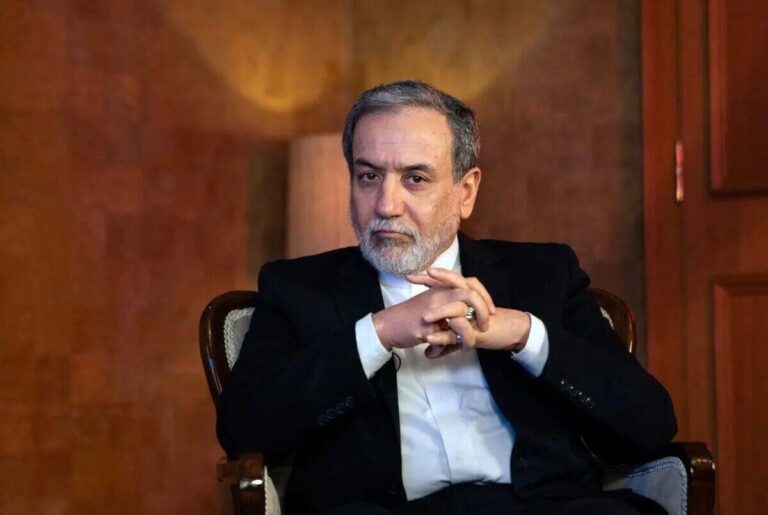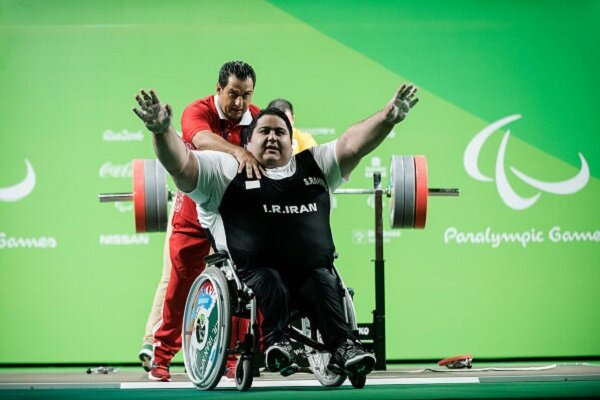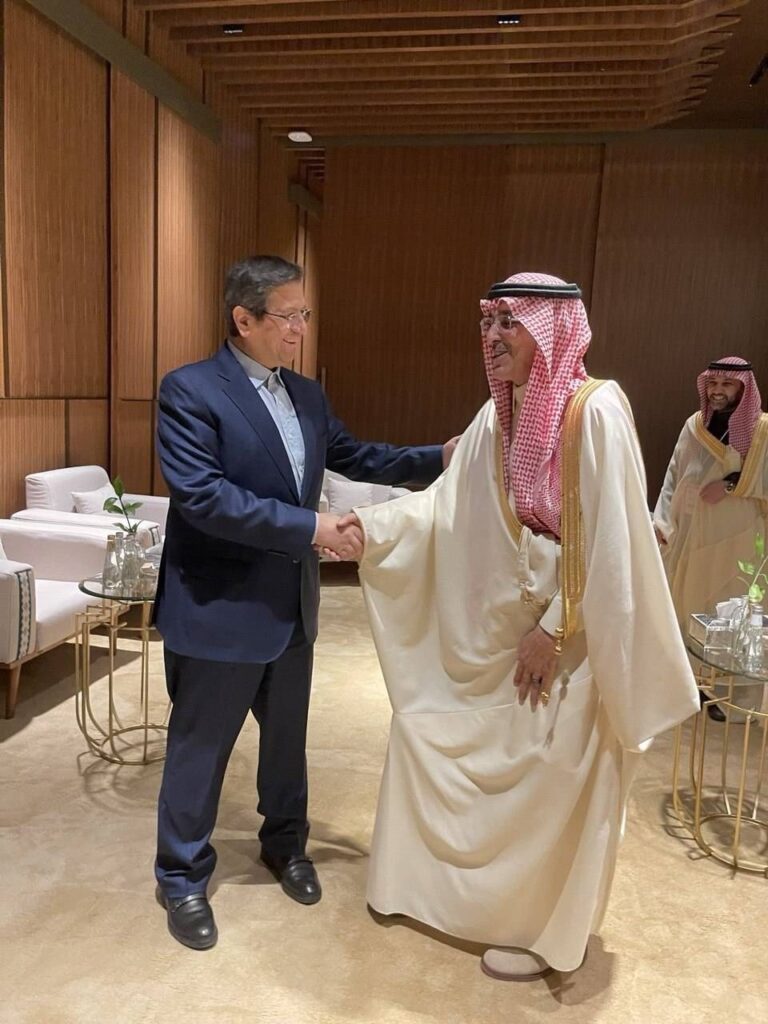Iran and Poland Forge Stronger Scientific Collaboration Between Leading Universities
In a significant development for international education, Marcin Wilczek, the chargé d’affaires of Poland in Iran, and Elham Aminzadeh, the vice president of the University of Tehran for international affairs, have engaged in discussions aimed at fostering scientific collaboration between universities in both nations.
During their meeting on Tuesday, the representatives explored various opportunities for enhancing educational ties, which included:
- Organizing joint conferences focused on Polish refugees residing in Iran.
- Showcasing Polish cinema to enrich cultural exchange.
- Facilitating the exchange of professors and students to promote knowledge sharing.
- Conducting collaborative educational workshops.
This initiative is part of a broader effort to strengthen international partnerships in higher education, and underscores the importance of academic collaboration in addressing global challenges.
Furthermore, the University of Tehran is making notable strides in global academic rankings, reflecting the rising status of Iranian universities. According to the head of the Islamic World Science Citation Center (ISC), the latest versions of the Times Higher Education (THE) and QS World University Rankings have highlighted significant advancements.
These world university rankings serve as a valuable tool for assessing the strengths and weaknesses of universities, providing insights into their scientific standings relative to global peers. They also play a crucial role in:
- Enhancing science diplomacy.
- Attracting international faculty members and students.
- Shaping policies that foster global competition.
- Promoting the globalization of educational institutions.
In the Times Higher Education (THE) World University Rankings for 2025, an impressive 85 Iranian universities have been recognized among the world’s top institutions. The University of Tehran has secured a global ranking between 401-500, making it the third highest-ranked university in Iran.
Significantly, the Times Higher Education rankings revealed that 81 Iranian universities excelled in 10 out of 11 subject areas, a notable increase from 73 universities in the previous year, 2024. The University of Tehran achieved commendable rankings in various disciplines:
- Computer Science and Engineering: Ranked third in Iran (global ranking of 401-500).
- Business and Economics: Ranked top in Iran (global ranking of 201-250).
- Life Sciences: First nationally (global ranking of 401-500).
- Physical Science and Social Science: First nationally (ranking 301-400 globally).
In addition to these achievements, the THE Interdisciplinary Science Rankings (ISR) recognized 29 Iranian universities among the leading institutions worldwide for interdisciplinary science research, with the University of Tehran ranking first in the country at a global position of 77.
The Quacquarelli Symonds (QS) Asia University Rankings further highlighted the University of Tehran’s prominence, as it was ranked first among Iranian universities with a global ranking of 87. This mirrors the overall trend of increasing representation of Iranian universities in prestigious global rankings, with a total of 32 Iranian universities making it to the QS list for 2025, up from 31 universities in 2024.
Moreover, the latest report from EduRank positioned the University of Tehran as the best university in the country, as noted by IRIB. In the Performance Ranking of Scientific Papers for World Universities, also known as the National Taiwan University (NTU) Rankings, the University of Tehran achieved an impressive global ranking of 291, reinforcing its status as a leader in academic excellence in Iran.
As the landscape of global education continues to evolve, the collaboration between Poland and Iran, as well as the impressive rankings of Iranian universities, signify a promising future for international academic partnerships. This cooperation not only enhances educational opportunities but also fosters greater cultural understanding and scientific advancement across borders.
